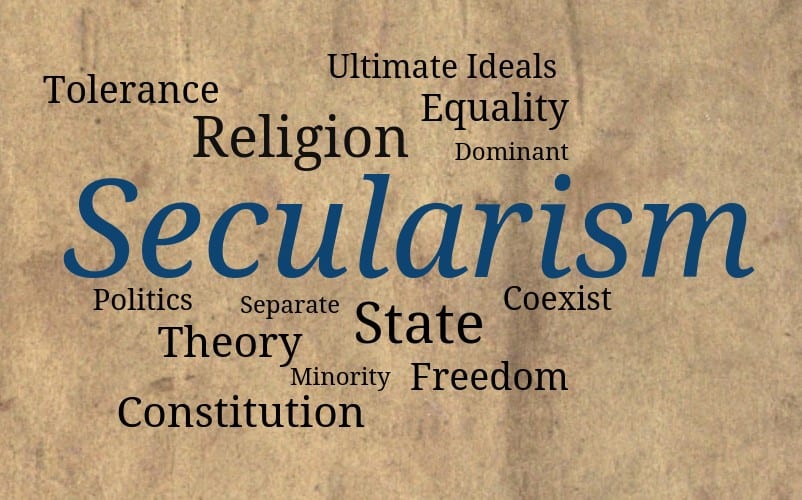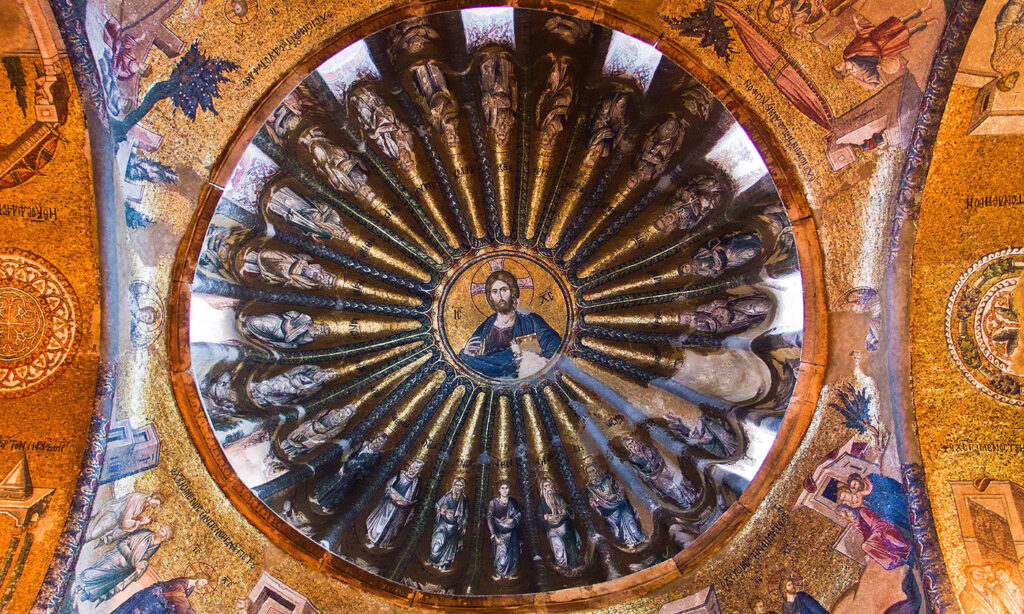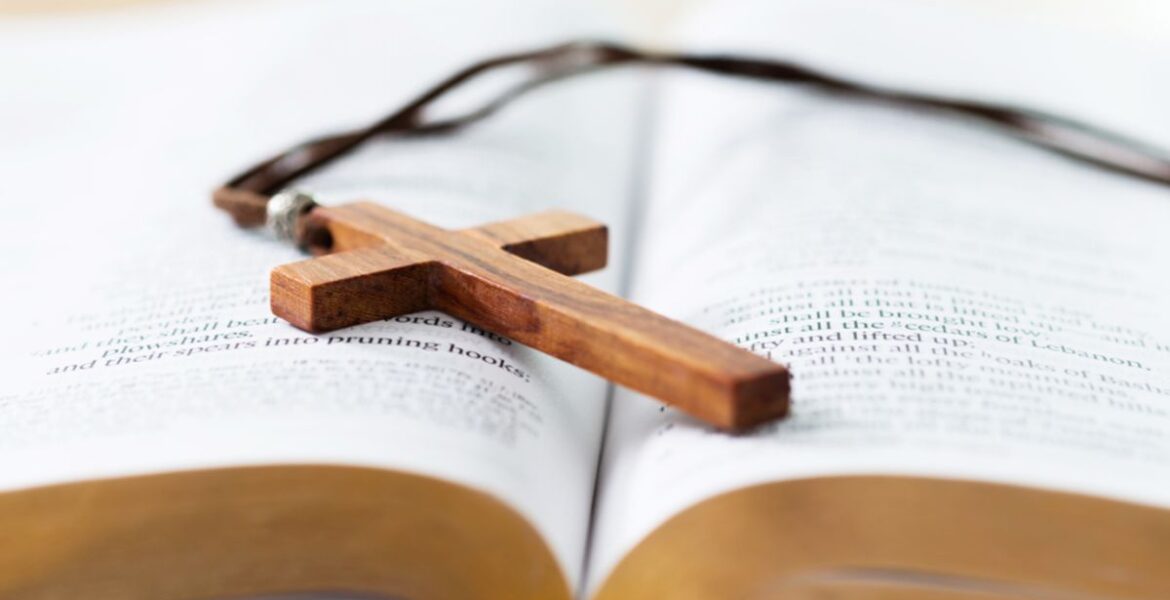
Revisiting Secularisation
In modern Orthodox theology it has rather become a commonplace to talk against secularisation and the secular in general. Everything that is seen as corrupting Orthodoxy is instinctively and vaguely ascribed to ‘the forces of secularisation’, while the alleged purity of tradition is regarded as being under siege by the secular ideas and practices of modernity. Furthermore, the secular is arbitrarily identified with the profane and the Orthodox – as the religious par excellence, although most Orthodox ‘luminaries’ detest the designation of ‘religious’ – is identified with the sacred.
It is not hard to realise the ideological character of this kind of mentality, but much more significant is the fact that this ideologisation of Orthodoxy betrays several misunderstandings, if not outright fallacies. The first is that secularisation constitutes something external to the Christian experience, whereas the truth is that it is an inherent possibility of this experience. Another misunderstanding/fallacy is the assumption that secularisation is something quite recent and pertinent to modernity, whereas the truth is that it has always been with the Christian lifeworld since its very inception. And thirdly, there is a widespread preconception that the secular is opposed to the religious, whereas the truth is that they are just different and that the distinction between the secular and the religious does not coincide with the dichotomy between the sacred and the profane.
With regards to Orthodoxy, I would argue that the faithful are challenged – especially nowadays – not to perceive the secular as ‘the enemy’, or even the archenemy of faith, but to understand that the profane can be traced within the secular, as well as within the religious field itself. Moreover, my aim is to answer the following questions: In what sense and under what conditions can the Orthodox faithful experience the secular as the sacred? And, also, what sort of opportunities and at the same time limitations would the witnessing of Orthodoxy be presented with in such a situation?

Why and How the Secular Can Be Beneficial
In most Western or Western-inspired contexts religion in general is dealt with from the perspective of State neutrality. The latter is the end-result of a very prolonged development regarding drastic changes as to some complex socio-political processes in the Christian world; processes that after the desacralisation of this or that social domain, the gradual subsiding or even marginalisation of Christianity (and institutionalised religion, more broadly) have brought about a situation whereby citizens are supposed and expected to enjoy respect, fairness and equality as to their religious or non-religious conscience and expression.
Many a time the Orthodox faithful believe that the whole situation of State neutrality as to matters of religion constitutes a divergence from or even a betrayal of tradition. But tradition is not a socio-cultural reality of the past which used to be sympathetic to or, for that matter, fond of faith and religious practices; rather it is a guiding principle that drives and directs the Orthodox experience towards its future fulfilment. As such Orthodoxy is not and should not be restricted to past formulations and/or conditions but must be open to the ever new realities of history.
In this respect, the Orthodox faithful should change their standpoint as to State neutrality in religious matters and focus on the very fact that this neutrality is a product of the secularisation of Christianity itself – in other words, an matter of internal affairs for the Christian faith – that ultimately seems to operate or may operate in a beneficial way for Orthodoxy, as well as for any other hierophanic lifeworld. Nevertheless, what is truly required in this connection is that Orthodoxy changes its past priorities at all levels – from being institutionally served and celebrated as the upholder of social values to becoming a silent servant of the needs of real people!
Another aspect of our secular culture is social relativism, which is also linked intrinsically to respect, fairness and equality, but with a twist: everyone has a share in non/religious truth claims. This indeed constitutes much more of a challenge to faith than State neutrality, for it basically undermines what has defined Orthodoxy for centuries, namely, the claim that there is only one truth and, thus, only one right version of truth. Therefore, the very notion of ‘orthodoxy’ is regarded as obsolete and has become, so to say, politically incorrect.
Nevertheless, even this secular outcome should not be seen as fundamentally incompatible with Orthodoxy. There are negative consequences, dysfunctional gaps and dead-ends in the everyday performance of social relativism that can be utilised so as to put forward faith as an alternative way of life. Being relaxed and moderate about truth claims, although seemingly conducive to harmony and coexistence, can actually function as a kind of Trojan horse allowing either the proliferation of truth claims that are not really socially-minded or the privatisation of sensitivities and objectives that groups mostly identify with.
It is precisely in this arena that Orthodoxy can demonstrate its truth claim as a life paradigm that is both socially reliable and personally engaging. To put it otherwise, what in the past was promulgated as the one and only truth of Orthodoxy can now be realised in a secular context as a most authentic and trustworthy reminder that there many ways of being truly human. And, if anything, this is indeed a new understanding of the calling of Orthodoxy within the world.
A third conspicuous aspect of modern secularism is the widespread social presence of personal unbelief, which undoubtedly is at odds with faith as a socially diffused phenomenon in the premodern or so-called traditional era. Nonetheless, it should be stressed that personal unbelief must be distinguished from atheism – although the two might sometimes coincide – and definitely from what one could call – from a moral perspective – Godlessness. In strictly religio-philosophical terms, personal unbelief should be treated as more akin to agnosticism than to atheism, while in this respect it might become more flexibly engaged with faith and also enter into a creative dialogue with it.
As a kind of reservation towards or, if you prefer, criticism against believing, personal unbelief constitutes a challenge to and opportunity for Orthodox faith, so that the latter may rediscover, on the one hand, its own values of humility and responsibility – values many a time overlooked or forgotten – and to rekindle its spirit and passion for witnessing, on the other. Put differently, in its capacity as devil’s advocate, personal unbelief may be of tremendous service in re-establishing the integrity of Orthodoxy at the social level.

Towards a New Paradigm for Orthodox Christianity
To be sure, from the perspective of Orthodox experience, there are numerous negatives and positives aspects in the secular circumstances of modern social life, aspects that require discernment, wise choices and transformative intervention. Orthodox witnessing has to navigate and find its way through the secular; not look down upon the latter as if it were the kingdom of evil, so to speak. What Orthodox theology can offer in this connection is to facilitate wise choices on the part of ministry and pastoral work in general, while the ultimate goal would be to discover the sacred within the secular and bring it out ten times more sacred for the sake of the Kingdom of God.
The secular – either as secularism or as secularisation – being the norm and convention of our socio-political environment and everyday lifeworld might provide us with some new and special opportunities to take the Gospel more seriously, to appreciate our Orthodox Christian vocation, to engage and experiment with new mission practices, and finally to enrich both the history and experience of our faith. These are the unorthodox secular lessons that the Orthodox Church can and should take on board and make the best out of them!
ABOUT | INSIGHTS INTO GLOBAL ORTHODOXY with Dr Vassilis Adrahtas
"Insights into Global Orthodoxy" is a weekly column that features opinion articles that on the one hand capture the pulse of global Orthodoxy from the perspective of local sensitivities, needs and/or limitations, and on the other hand delve into the local pragmatics and significance of Orthodoxy in light of global trends and prerogatives.
Dr Vassilis Adrahtas holds a PhD in Studies in Religion (USyd) and a PhD in the Sociology of Religion (Panteion). He has taught at several universities in Australia and overseas. Since 2015 he has been teaching ancient Greek Religion and Myth at the University of New South Wales and Islamic Studies at Western Sydney University. He has published ten books. He has extensive experience in the print media as editor-in-chief, and columnist, and for a while he worked as a radio producer. He lives in Sydney, Australia, his birthplace.


